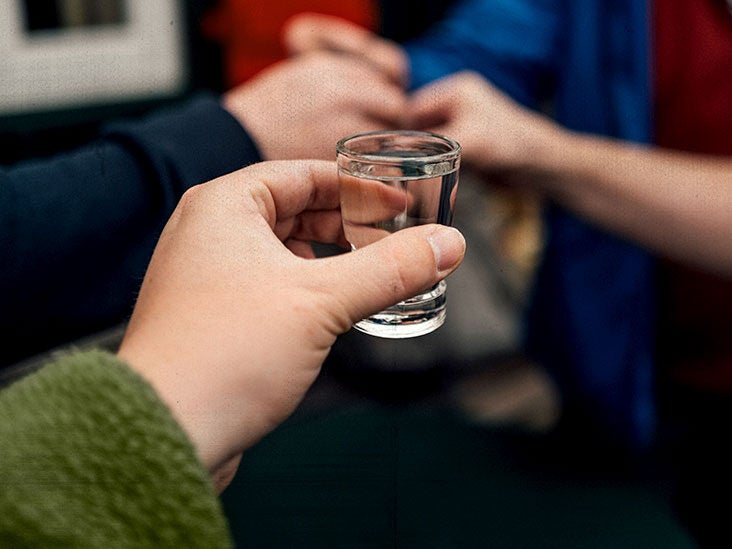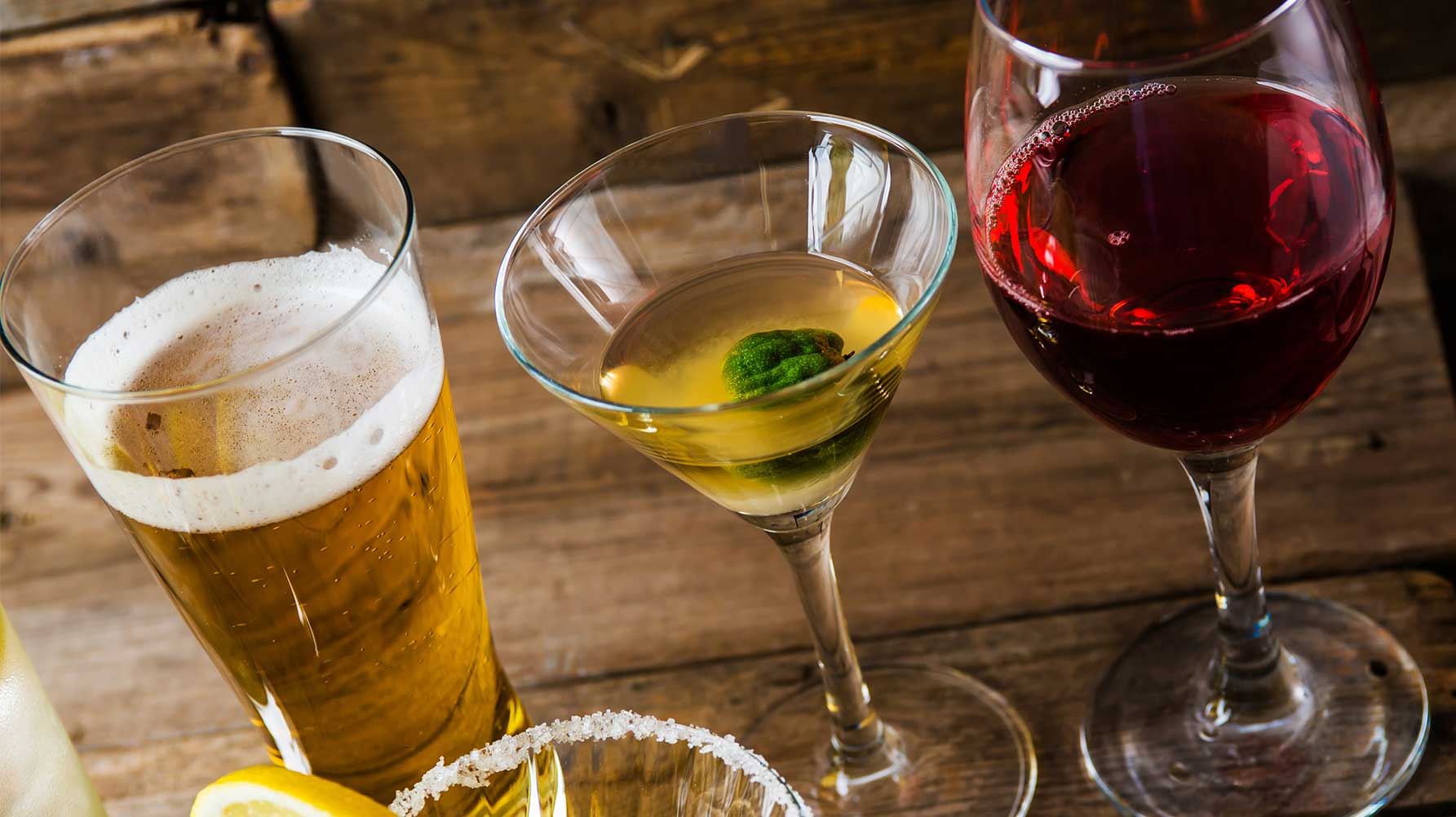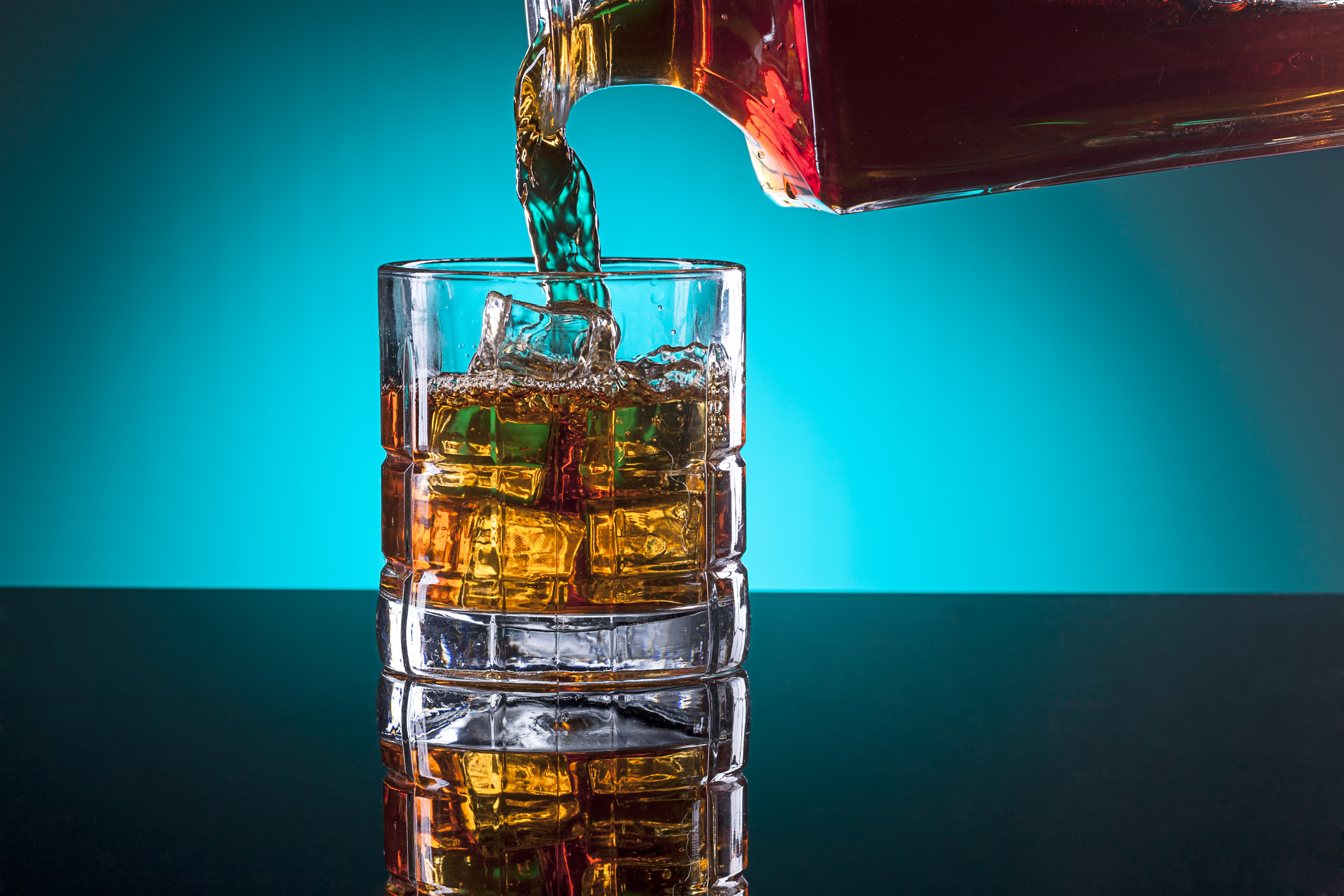The harmful effects of alcoholic beverages have been widely recognized for a long time. Excessive drinking always ends in a hangover and its associated issues. There, nevertheless, are different views on alcohol, many of which are valid while others of which are not.
This article debunks several of the most common myths regarding alcohol that have grown as time passes. Read on to discover the truth about the myths you could have heard about alcohol.
Table of Contents
Toggle1. You Can Add Alcohol To Meals Like Vitamins
Food-wise, alcohol is entirely pointless. There are no vitamins, not even protein, in there. Yet it contains an excessive calorie count. Foods that typically serve to make energy turn to fat and are kept in your body rather than the calories can serve as a quick supply of energy.
2. If You Drink Alcohol In Moderation, It Is Useful To You
For years, research and popular culture have said moderate alcohol intake is safe. Alcohol can safeguard from heart disease, diabetes, and multiple sclerosis in small amounts.
In the newest Journal of Studies on Alcohol and Drugs release, 45 prior studies that stated alcohol protects from heart disease were modified for age, past alcohol usage, and last heart wellness and re-analyzed.
Following these changes, low alcohol consumption offered no advantage to those over 55 and grew heart disease danger by 44% for those under 55. Although moderate drinking may have positives for specific illnesses, its verified damage, especially in cancer, might exceed these advantages.
3. Alcohol Makes For An Excellent Nightcap

Although having a few drinks before bed could help you fall asleep quicker, never presume you’ll sleep better. This signifies the furthest thing from reality. After drinking, you could feel not only a hangover but also nauseous and struggle to sleep well due to the impact of alcohol on deep rest.
4. Alcohol Is Safer Than Other Substances
Alcohol, like a number of other substances, is deadly and brings the deaths of thousands of people each year. The Centers for Disease Control and Prevention (CDC) say that getting drunk is the third-highest risk aspect that can be stopped yet still leads to death in the United States. 88,000 people die annually as a result of drinking excessive alcohol. About 64,000 people were killed from issues related to drugs in 2016.
5. Alcohol Harms The Brain Cells
Many believe alcohol kills brain cells because it shifts thoughts and actions. Alcohol affects but doesn’t kill brain cells. Massive doses of alcohol may harm neuron endings, affecting neuronal communication.
Communication challenges could trigger mental illnesses like memory loss and multitasking. Alcohol impairs young people’s brain growth. It shrinks the hippocampus. Thus, youngsters who drink can harm their brains forever.
6. Mixing Alcohol Makes You Drunker

Alcohol consumption affects how drunk you become. Wine, beer, shots, or a mix won’t make you more intoxicated. Mixing all these beverages in one night could leave you sick.
Intoxication arises from blood alcohol absorption. The sole distinction between alcohol kinds is that some have greater alcohol content, so it takes less to become intoxicated.
7. Many Teens Drink Alcohol Frequently
Among one the best alcohol myths to debunk. For decades, studies indicate more young folks aren’t drinking or waiting for their first drink. The 2016 National Drug Strategy Household Survey revealed that 82% of 12-17-year-olds avoided alcohol.
It grew from 72% in 2013. The results are promising. It’s untrue that most teenagers drink. Most don’t drink or wait to drink.
8. Drinking Is Popular Among The People You Know
Regardless of what most people think, judging by research from the Substance Abuse and Mental Health Services Administration (SAMHSA), just over a third of youths don’t consume alcohol often.
9. Alcohol Impacts Men And Women Equally

If they weigh and drink identically, men and women respond differently to alcohol. Men may process alcohol quickly as they have larger livers. Males possess more water, which reduces alcohol quicker. Men include more blood as they’re bigger.
Since they have extra blood to reduce the alcohol, they will have a lower blood alcohol level than a female when an identical amount of alcohol. Men absorb alcohol faster than other variables, but alcohol affects men and women differently.
10. You Truly Have To Respect Someone Who Doesn’t Get Drunk
Alcohol tolerance can enable somebody to drink considerable quantities without experiencing the effects. Chronic alcohol usage creates both mental and physical tolerance. High alcohol consumption implies tolerance and physical dependency and causes organ damage.
11. Alcohol Warms The Body And Has Stimulant Effects
The following is the chain of occurrences that result in a decline in internal body temperature that is triggered by the immediate effect of alcohol. Blood vessels open out on the outside of the skin, paving the way for increased exposure to the surroundings that, in development, cool the blood.
The level of heat at the center of the body drops slowly yet visibly as the blood that had been cooled flows. The reaction will continue so long as alcohol continues to exist in the body. Drinking alcohol can leave you feeling more energetic and cheerful, but this is simply because it lessens your inhibitions, allowing you to indulge in unsafe acts.
It simply requires a brief period for alcohol to get you down. Because limits are the first to go once you drink, you could appear as though you are in a fantastic attitude and the life of the party while you experience the opposite.
It is crucial not to drink too much booze since it can hurt you in the future while making you feel down or fall asleep.
12. The Effects Of Alcohol Vary Based On The Type
Alcohol is alcohol, whatever its type. Why do some argue that? It can be due to anticipated alcohol responses.
In a 2010 review of more than 40 researchers, people who responded differently to various kinds of alcohol usually did so to compensate for the anticipated effects.
Thus, various kinds of alcohol possess little biological effect, but their expectations or mental condition may lead them to respond variously.
Conclusion
The primary goal you can take from this article is that you shouldn’t trust every detail you hear about alcohol, even if I didn’t talk about all of the alcohol myths.
When you decide finally let loose and have a few drinks, we believe by addressing these 12 popular myths about drinking alcohol, you can keep your level of intoxication and make your hangovers less harmful.
If you drank alcoholic beverages the night before, the foremost thing you must do when you wake up is drink a glass of water. You’ll undoubtedly be more comfortable, but there’s also an excellent possibility that any remaining hangover symptoms will vanish.

I am a passionate beer connoisseur with a deep appreciation for the art and science of brewing. With years of experience tasting and evaluating various beers, I love to share my opinions and insights with others and I am always eager to engage in lively discussions about my favorite beverage.
















